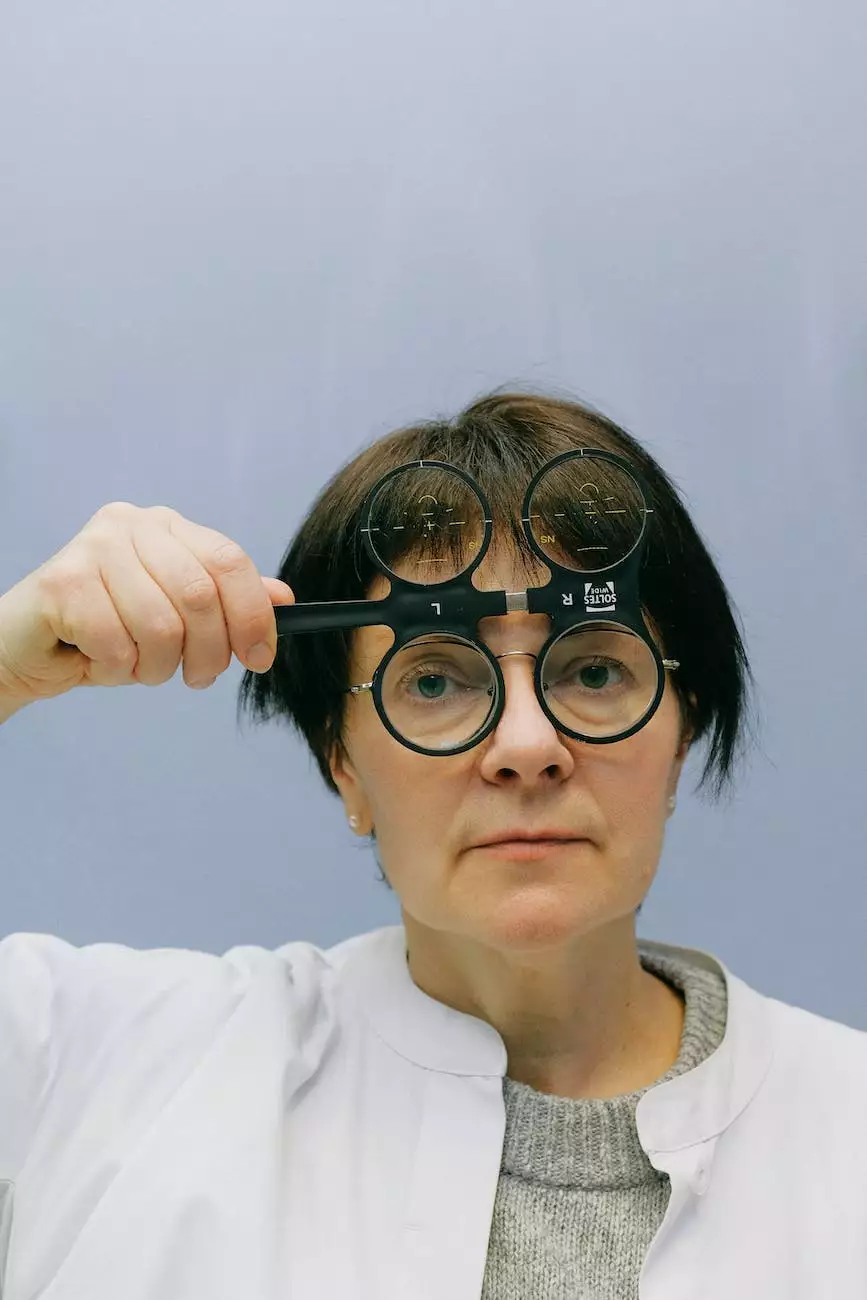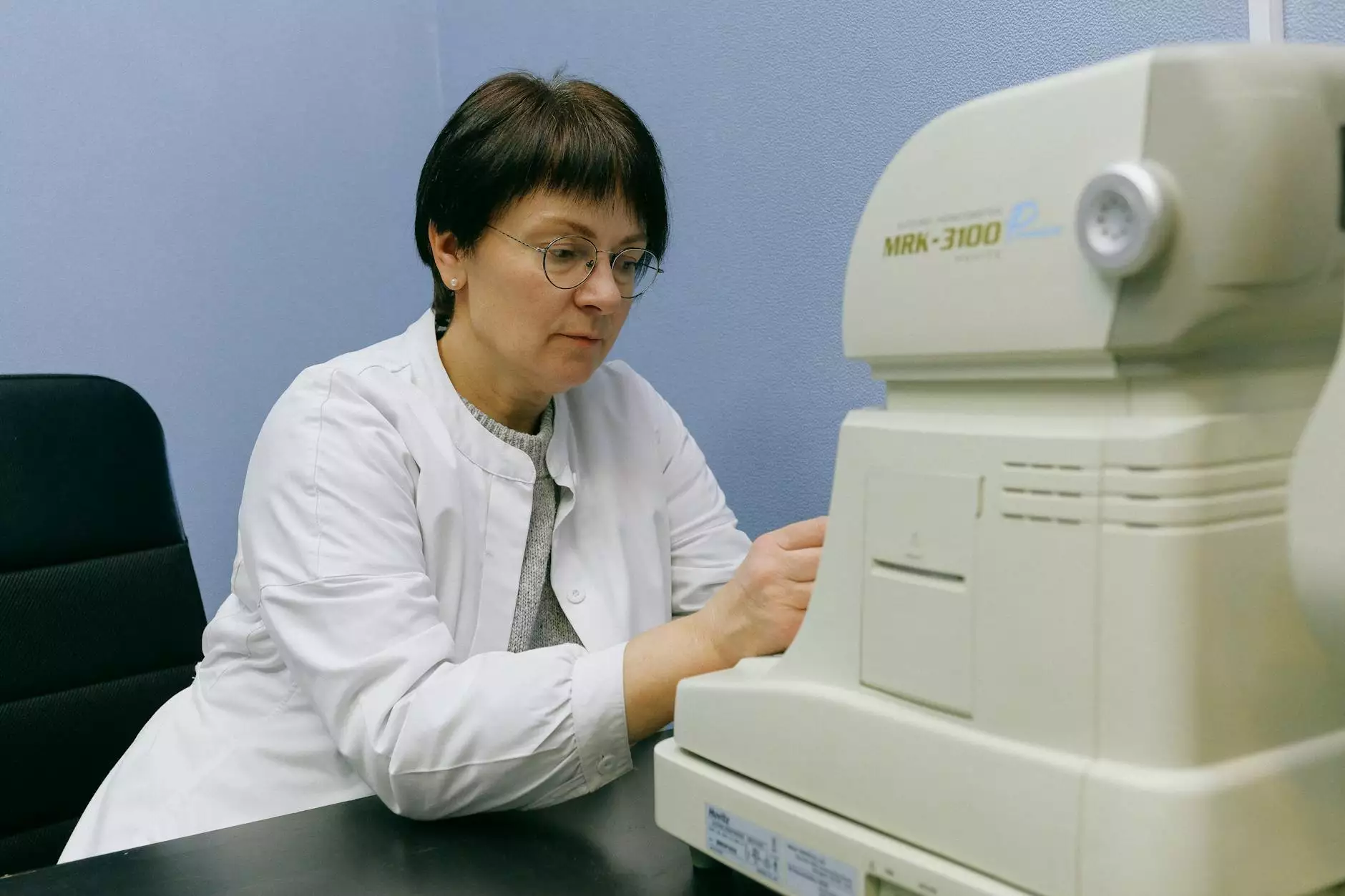Severely Calcified LAD Coronary Artery

Introduction
Welcome to Phoenix Medical Services, where we specialize in providing comprehensive cardiovascular care. In this article, we will discuss one of the common cardiac conditions called Severely Calcified LAD Coronary Artery, its causes, symptoms, and the treatment options available.
Understanding Severely Calcified LAD Coronary Artery
The Left Anterior Descending (LAD) coronary artery is a vital blood vessel responsible for supplying oxygenated blood to the heart muscle. However, in some cases, this artery can become severely calcified, leading to various cardiovascular complications.
Causes
The calcification of the LAD coronary artery can be attributed to several factors, including:
- Age-related factors
- Smoking and tobacco use
- High cholesterol levels
- Diabetes
- High blood pressure
- Obesity
- Lack of physical activity
Symptoms
Severely calcified LAD coronary artery can lead to various symptoms, including:
- Chest pain or discomfort (angina)
- Shortness of breath
- Fatigue
- Irregular heartbeat
- Dizziness or lightheadedness
- Swelling in the ankles, feet, or legs
Diagnosis
At Phoenix Medical Services, our experienced cardiologists utilize advanced diagnostic techniques to accurately diagnose severely calcified LAD coronary artery. These diagnostic methods may include:
- Electrocardiogram (ECG)
- Echocardiogram
- Coronary angiography
- Stress testing
- Cardiac CT scan
Treatment Options
Our dedicated team of cardiovascular specialists at Phoenix Medical Services offers a range of treatment options for severely calcified LAD coronary artery. The choice of treatment depends on the severity of the condition and individual patient factors. Common treatment approaches include:
- Lifestyle modifications
- Medication management
- Percutaneous Coronary Intervention (PCI)
- Coronary Artery Bypass Grafting (CABG)
Recovery and Follow-up Care
Following treatment, our healthcare professionals will guide you through the recovery process and provide comprehensive follow-up care. Regular check-ups, medication adjustments, and lifestyle recommendations are some aspects of the follow-up care to ensure optimal cardiovascular health.
Prevention
Preventing the occurrence or progression of severely calcified LAD coronary artery involves adopting a heart-healthy lifestyle. Some preventive measures include:
- Quitting smoking
- Eating a balanced diet
- Engaging in regular physical activity
- Maintaining a healthy weight
- Managing stress levels
Contact Phoenix Medical Services
If you or your loved one are experiencing symptoms associated with severely calcified LAD coronary artery, do not hesitate to reach out to Phoenix Medical Services. Our experienced team is dedicated to providing personalized and effective cardiovascular care.
Disclaimer: The information provided here is for educational purposes only and should not replace professional medical advice. Please consult our specialists at Phoenix Medical Services for a proper diagnosis and personalized treatment plan.










